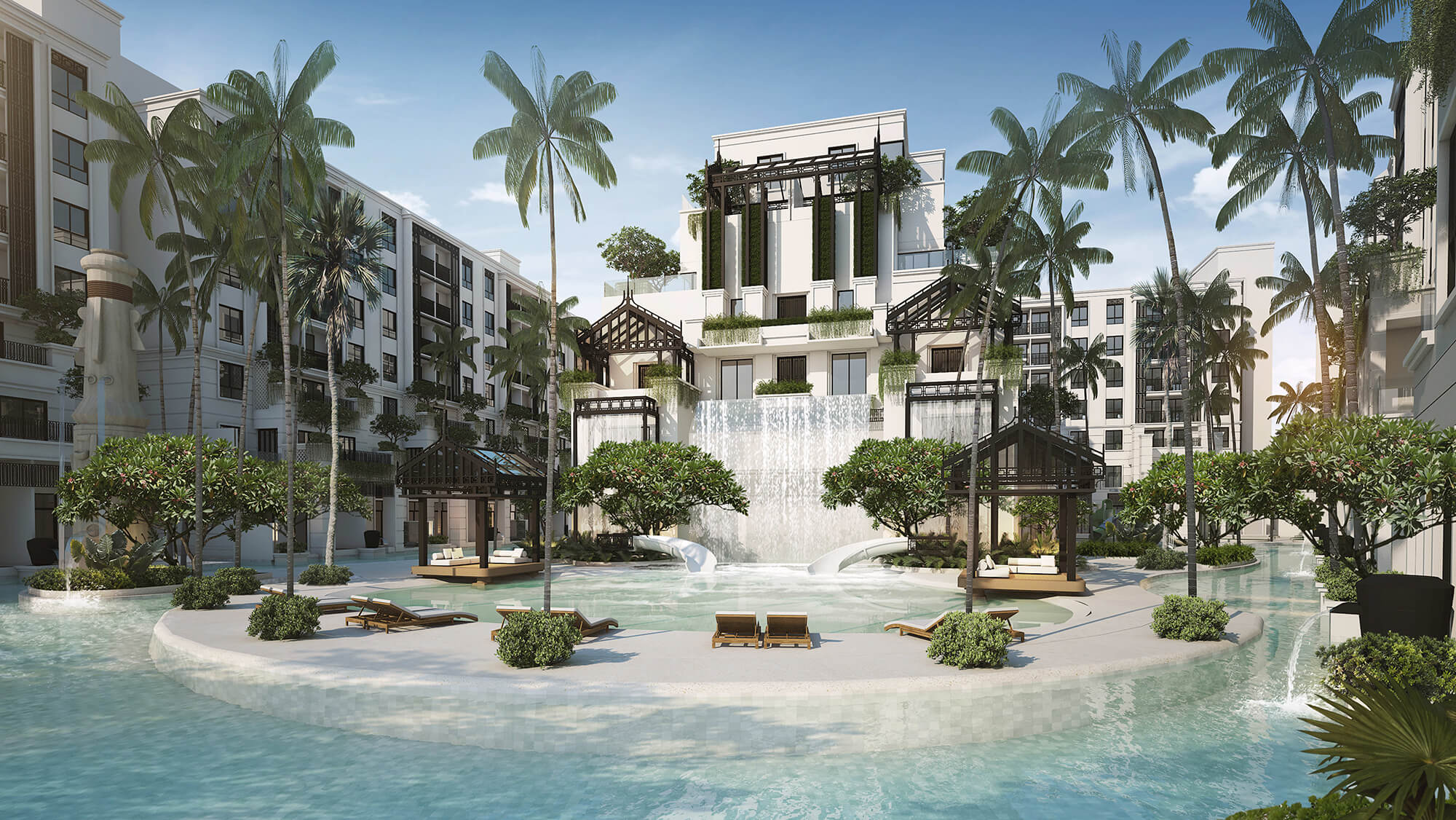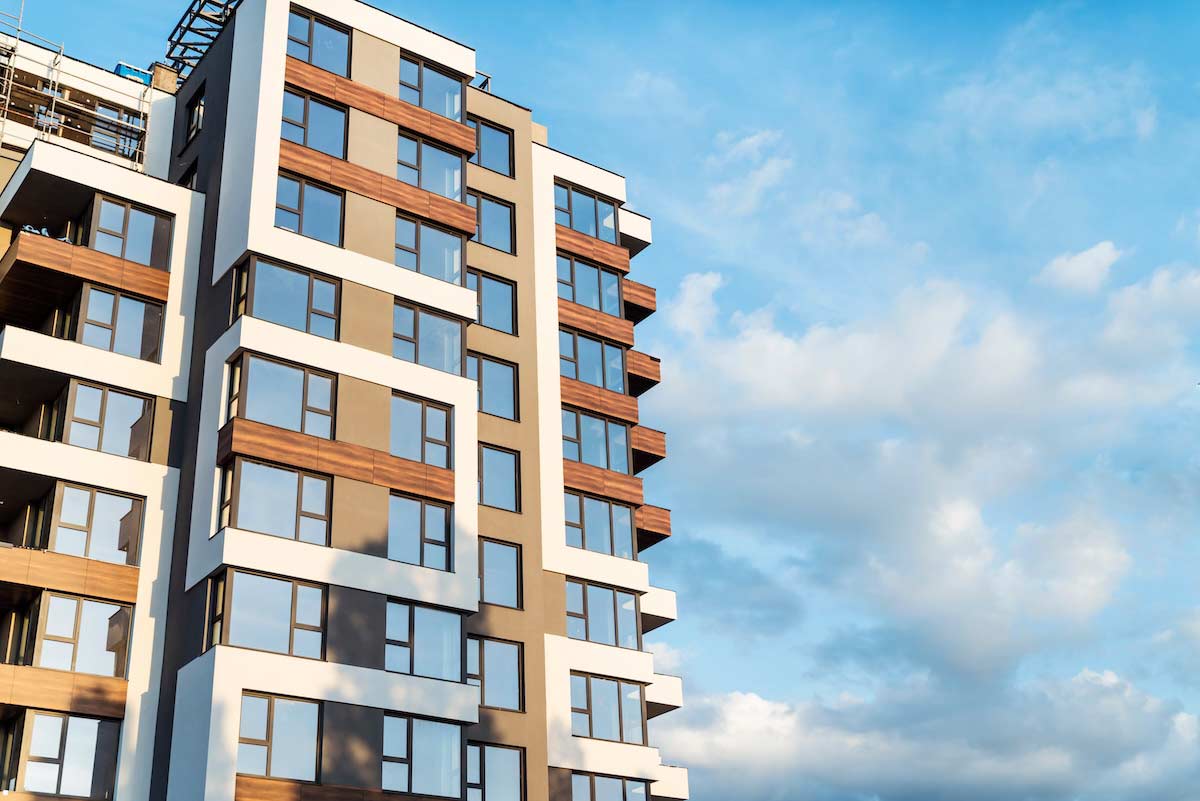Thailand is a popular travel destination for tourists and ex-pats wanting to live out their days in the sun. Being so favorable on the pocket, many retirees choose to invest in real estate. Thailand has its own laws regarding property ownership and this guide will go through all the types of property home ownership and regulations you need to be aware of during the process.
If you want to own a property in Thailand as a foreigner, here are the four main ways you can go about it.
1. 30-Year Lease
A leasehold is where you are in effect renting a property, but long term. Guaranteed under Thai law, the leaseholder is given exclusive possession to do with the property as they please. This means they can use it as their own place of residence or rent it out for the duration of the lease. This is a great long term option for foreigners as it is a safe and uncomplicated process. It must be written into the original contract if you will wish to renew the contract when it ends.
2. 50 Year Non-Renewable Lease
Property home ownership in Thailand is also offered through a 50-year non-renewable lease. This type of lease is guaranteed under Thai law and is a great idea for foreigners wanting a long-term, secure option.
3. Condominium
Up to 49% of a
condominium can be owned by a foreigner. When the condominium is handed over after paperwork has been finalized, the name on the land paper is legally titled to the foreigner. Included in the ownership of the condo is a ‘fractional interest’ in the building and all common areas. This means the foreigner owns a tiny amount of the gardens, swimming pool, reception area, and car park for example.
4. Freehold Option
While a foreigner cannot own a freehold property outright, it’s possible for them to own and control 49% of a Thai company that owns a freehold property. The 49% iscompany shares and often referred to as preferential shares. This means each share has high value at 10 votes per share. The remaining 51% of the company can be owned by up to 6 Thai nationals. These shares will be ordinary shares, which basically means they only get 1 vote per share (less value).
As the foreigner with 49% of the higher value shares, you can appoint yourself as sole, legal director of the company. This gives you full control over the company’s assets and voting rights making your investment secure.
Thai Land Title Deeds Explained
There are different types of land title deeds in Thailand. Here’s what you need to know.
- Chanote or Nor Sor 4 Jor; this is the highest land title for investors. These are the most accuratelysurveyed and therefore sought after. Transfer of ownership is fast.
- Nor Sor 3 Kor; these are measured relatively accurately, but less so than the Chanote. Ownership transfer can take a little longer.
- Nor Sor 3; these land title deeds can have survey errors of up to 20% because they are only recorded in relation to neighbouring plots.



